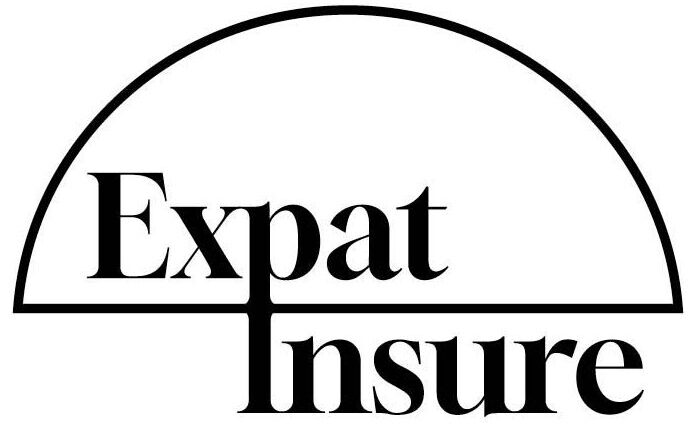Education Guide for Expats in
Higher Education for Expats in Canada
Higher education in Canada includes universities, colleges, and technical institutes. Universities focus more on academic and professional education, while colleges offer more practical or technical training.
Canadian universities offer undergraduate, graduate, and postgraduate programs. Community colleges provide diplomas and certificates in various vocational subjects.
Canada is a popular destination for international students. Universities have specific admission procedures for international applicants, including English or French language proficiency tests.
Financial Considerations
Tuition and Fees: International students typically pay higher tuition fees than domestic students. Costs vary widely between institutions and programs.
Scholarships and Financial Aid: Limited scholarships and financial aid options are available for international students. Research early for available opportunities.
Part-Time Work: International students in Canada are allowed to work part-time during their studies, which can help offset living costs.
Choosing the Right University as an Expat in Canada
Academic and Research Opportunities: Consider the university’s reputation, especially in your field of interest.
Campus Life: Campus culture, student organizations, and support services for international students can significantly impact your experience.
Location: The choice of city or town can influence your lifestyle, cost of living, and study environment.
Necessary Insurance for Expats in Education
Health Insurance
-
Provincial Healthcare: Health insurance coverage varies by province. Some provinces offer coverage for international students, while others require private insurance.
-
Private Health Insurance: International students may need to purchase private health insurance if they are not covered under a provincial plan.
Find out here how to buy expat health insurance as an international student
Other Insurance Needs
-
Home or Renters Insurance: For students living off-campus, this insurance provides coverage for personal belongings and liability.
-
Travel Insurance: Essential for covering travel-related risks and health emergencies, especially when traveling between Canada and your home country.
Further Considerations for Expats Studying in Canada
Language Proficiency
Proficiency in English or French is crucial for success in Canadian schools and universities. Consider enrolling in language classes if necessary.
Many schools offer English as a Second Language (ESL) or French as a Second Language (FSL) programs to help international students.
Cultural Adaptation
Adapting to a new culture is an essential part of studying abroad. Canadian schools provide various resources to help international students integrate into their new environment. Participating in cultural exchange programs and engaging with local communities can greatly enhance your experience.
Legal and Administrative Matters
Ensure that you have all the necessary documents, such as a valid study permit, visa, and health insurance coverage. Familiarize yourself with the rules and regulations regarding your stay, including any work restrictions and renewal procedures for your study permit.
Additionally, it is beneficial to understand the local laws and your rights as an international student to avoid any legal complications during your time in Canada.
Support Services
Many Canadian schools and universities offer a wide range of support services specifically designed for international students. These may include academic advising, mental health counseling, career services, and housing assistance. Take advantage of orientation programs and workshops that can help you adjust to the academic and social environment.
Plus, joining student organizations and connecting with peer support groups can provide valuable resources and a sense of community, making your transition to studying in Canada smoother and more enjoyable.
